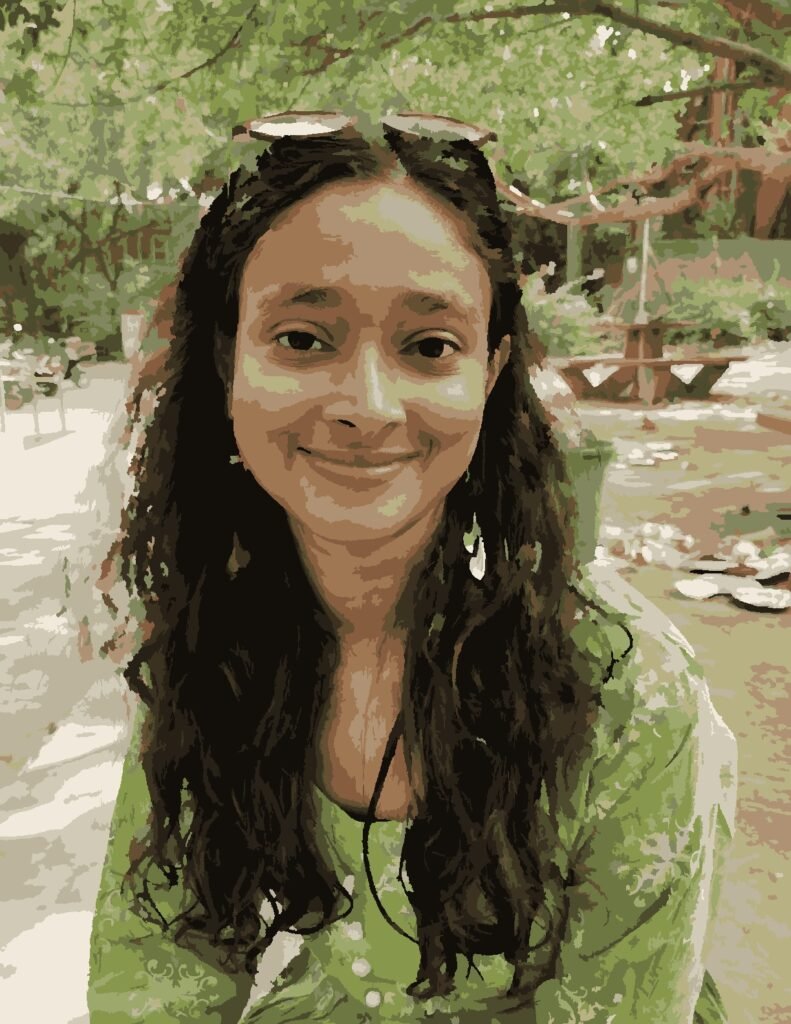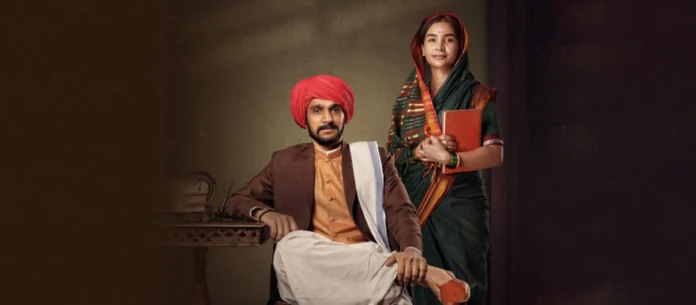Phule, recently released in theatres, is a significant cinematic attempt to bring the lives of Jyotirao Phule and Savitribai Phule—pioneering social reformers and anti-caste crusaders—to the mainstream. Directed by Anant Mahadevan and starring Pratik Gandhi and Patralekha in the lead roles, the film celebrates the legacy of the Phule couple. However, its journey to release was not without obstacles, facing strong backlash from savarna bigots, especially Brahmins, for challenging dominant narratives.
Narrative and Key Themes
The film opens with Savitribai Phule caring for a plague patient and discussing Jyotiba’s views on God, immediately prompting the audience to question whether Jyotiba truly believed in God—an intriguing entry point into the ideological depth of the character.
A key highlight of the film is how it portrays child marriage—Savitribai herself was a child bride. Yet, with the support and encouragement of Jyotiba, she broke barriers and pursued education. Their relationship is depicted as one of deep companionship and mutual support, especially in the face of social taboos like being childless. The film does well to show their complementary partnership—both motivated each other to work for the greater social cause.
Phule as Social Emancipators
The film strongly presents the Phule couple’s contribution to dismantling social evils such as casteism, untouchability, child marriage, and taboos around widowhood. Jyotiba’s visionary approach to social reform is evident throughout, and Savitribai is shown as an active contributor to his initiatives.
However, the film fails to fully acknowledge Savitribai Phule’s own leadership and vision. While she supported Jyotiba, she was also a protagonist in her own right, particularly in the fields of women’s education and empowerment. The narrative misses an opportunity to emphasize her independent contributions and intellectual agency.
Resistance to Brahmanical Hegemony
A compelling section of the film challenges Brahminical dominance and superstitions. It depicts the Phules’ protest against oppressive practices like widows’ head-shaving, and the struggles involved in establishing the Satyashodhak Samaj—a revolutionary step where Shudras created their own space for rituals and ceremonies, breaking free from Brahmin control.
Research Gaps and Historical Controversies
While the film deserves credit for highlighting Fatima Sheikh as a contributor to the Phule movement, it enters into a controversial area. Recent debates question whether Fatima’s involvement was as significant as portrayed. While there is evidence of her acquaintance with Savitribai, there’s a lack of concrete historical evidence to support her portrayal as India’s first Muslim woman teacher or an equally active reformer alongside the Phules.
Moreover, the film fails to do justice to Savitribai Phule’s literary contributions. While it showcases Jyotiba Phule’s writings, such as Gulamgiri, it neglects Savitribai’s poems, speeches, and writings—an important oversight in recognizing her intellectual legacy.
Overall, Phule is a commendable effort to bring Bahujan icons like Jyotirao and Savitribai Phule into the cinematic spotlight. In a landscape where upper-caste heroes often dominate biographical films, this project deserves appreciation. However, the film should have offered more narrative space to Savitribai Phule—not merely as Jyotiba’s wife, but as a leader, thinker, and educator in her own right. Recognizing her agency would have enriched the film’s message and strengthened its historical authenticity.

–Ritu, General Secretary, AIOBCSA


